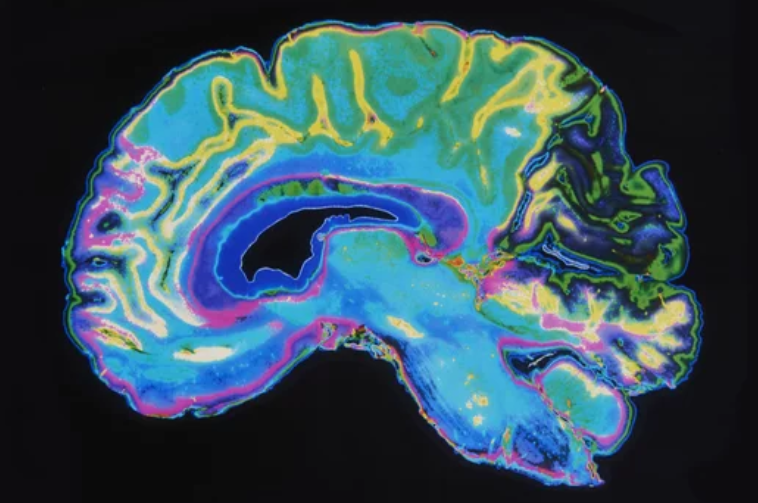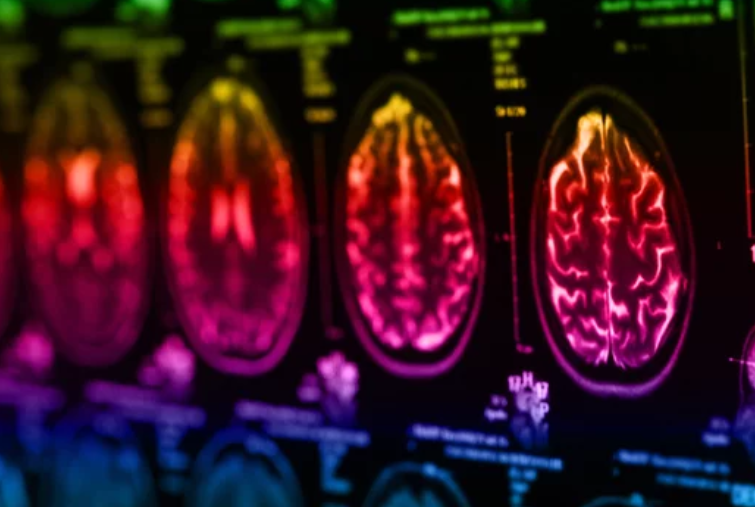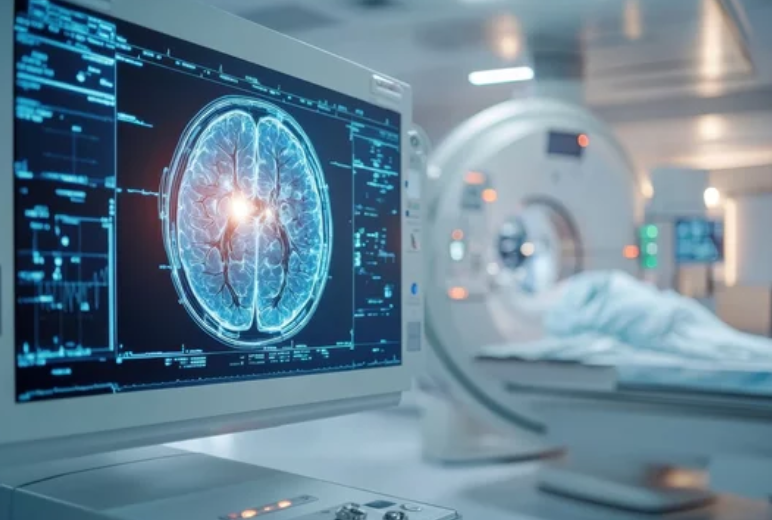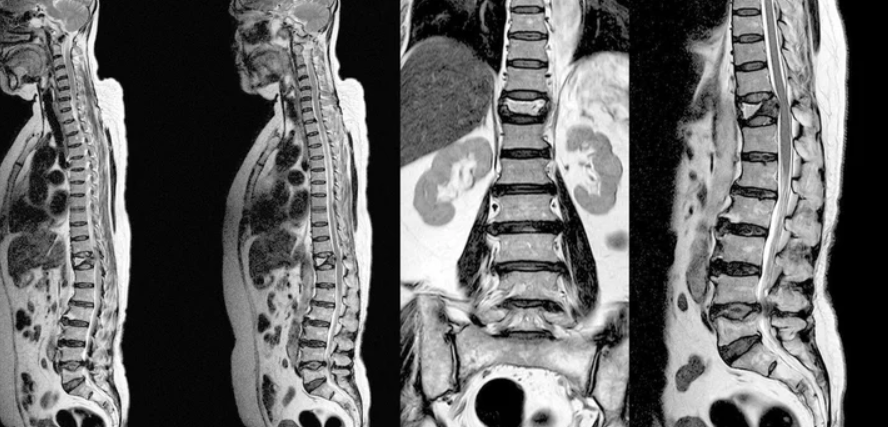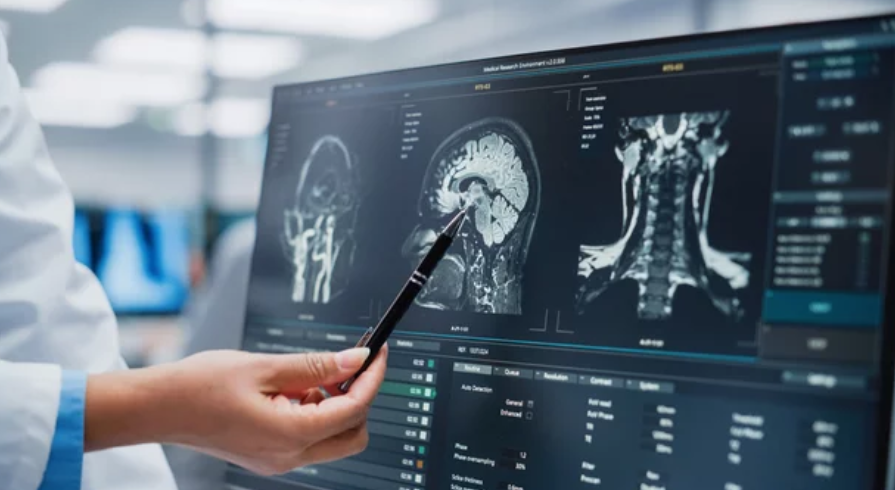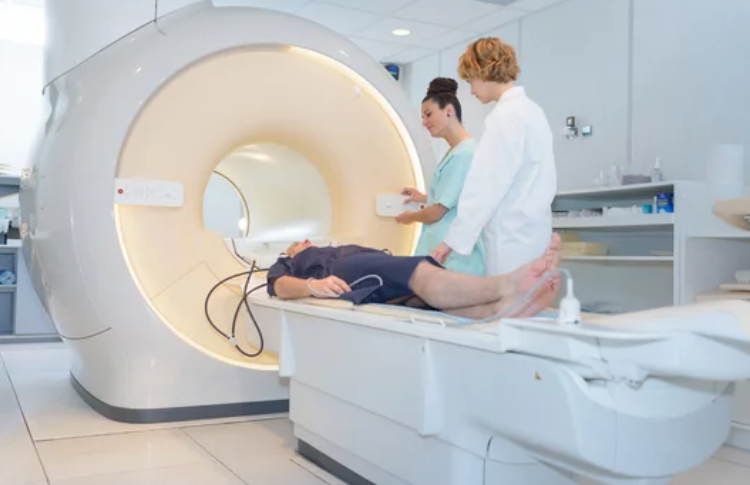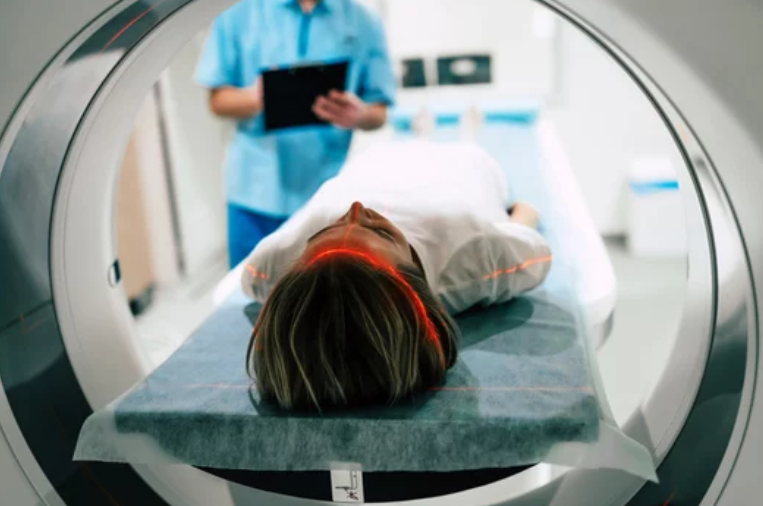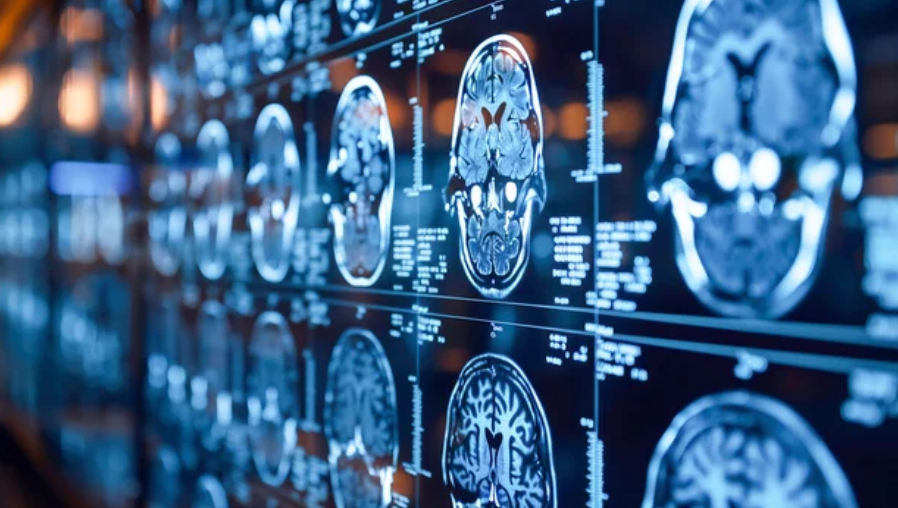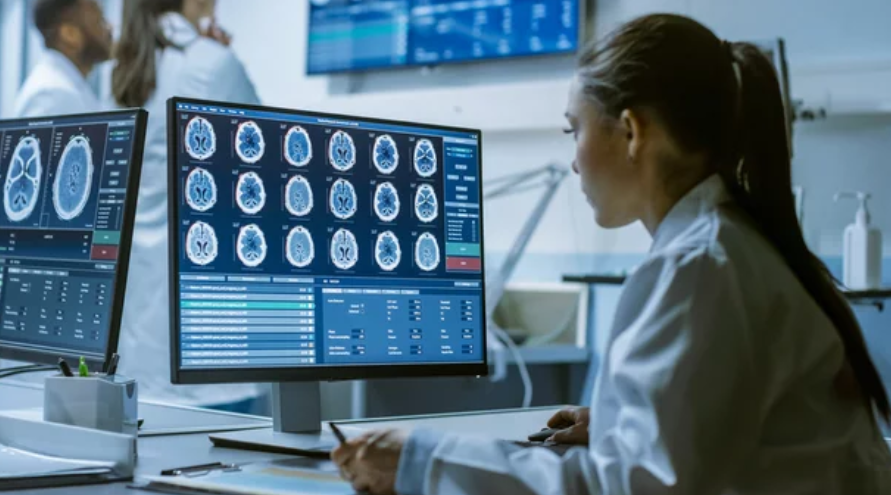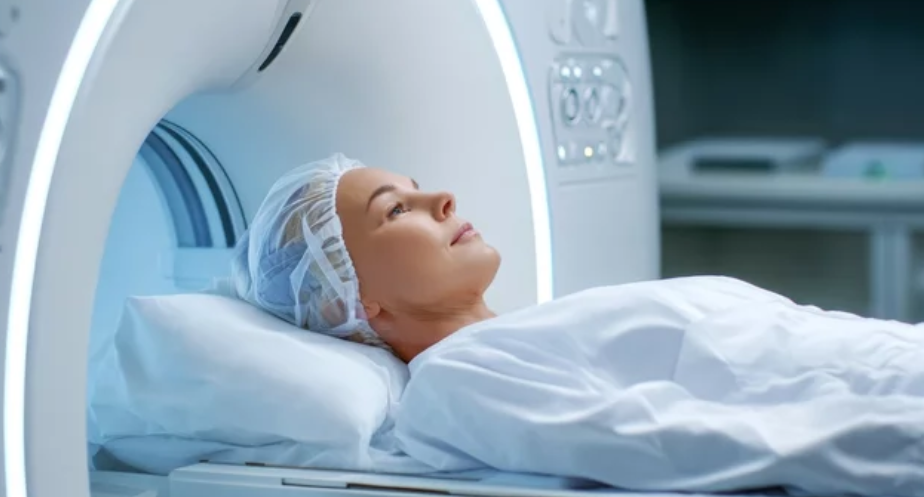Liver disease is a growing global health concern, encompassing conditions such …
MRI
Future of MRI in Mental Health Diagnostics
Mental health disorders, including depression, anxiety, bipolar disorder, schizophrenia, and neurodevelopmental …
MRI in Pediatric Departments: Advancing Child-Specific Care
Pediatric healthcare is entering a new era, driven by advanced imaging …
MRI for Early Detection in Neurodegenerative Diseases
Neurodegenerative diseases such as Alzheimer’s, Parkinson’s, Huntington’s, and amyotrophic lateral sclerosis …
MRI’s Expanding Role in Orthopedic and Sports Medicine
Orthopedic and sports medicine is experiencing a revolution driven by advanced …
The Future of Cardiac MRI in Cardiovascular Medicine
Cardiovascular disease remains the leading cause of death worldwide, driving …
How MRI Is Transforming Cancer Diagnosis and Therapy
Cancer treatment is undergoing a technological revolution—and at the center of …
MRI in Neurology: Future Applications for Brain Health
Neurology is entering a new era—one defined by data, precision, and …
The New Standard: MRI-Guided Treatment Departments
The world of healthcare is transforming faster than ever before. At …
MRI as the Central Tool in Precision Treatment Centers
In the rapidly evolving landscape of modern medicine, precision treatment centers…
